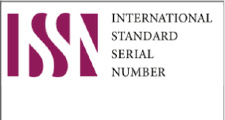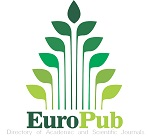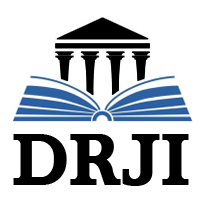Exploring the Relationship Between Traditional Gender Roles and Political Participation Among Educated Urban Women in Pakistan
Keywords:
Educated Women, University Students, Feminist Theory, Gender Roles, Mixed-MethodAbstract
This study delves into the intricate relationship between gender roles and the political participation of educated women in urban Pakistan, drawing on feminist theoretical frameworks. Contrary to the prevailing belief that gender roles are the exclusive determinants of women's political engagement, this research recognizes the significance of individual factors such as education, financial independence, and urban residence in shaping women's experiences in the political sphere. The study employed a mixed methods approach, combining a cross-sectional survey involving 400 female university students, focusing on political participation indicators, with in-depth qualitative interviews conducted with 30 highly qualified teachers from selected universities. This dual methodology aims to provide a holistic exploration of the impact of gender roles on women's political engagement. The survey results reveal a weak correlation between gender roles and political participation variables. This finding challenges the prevailing notion that gender roles are the sole predictor of women's political participation. The mixed methods design adds depth to the findings, offering rich insights into the nuanced dynamics influencing women's political engagement. The findings challenge and refine existing perspectives, encouraging a broader and more nuanced discourse on women's political participation in evolving societal dynamics. The research enriches the existing body of knowledge on women and politics, urging a reevaluation of current frameworks and encouraging continued exploration of this complex intersection.























